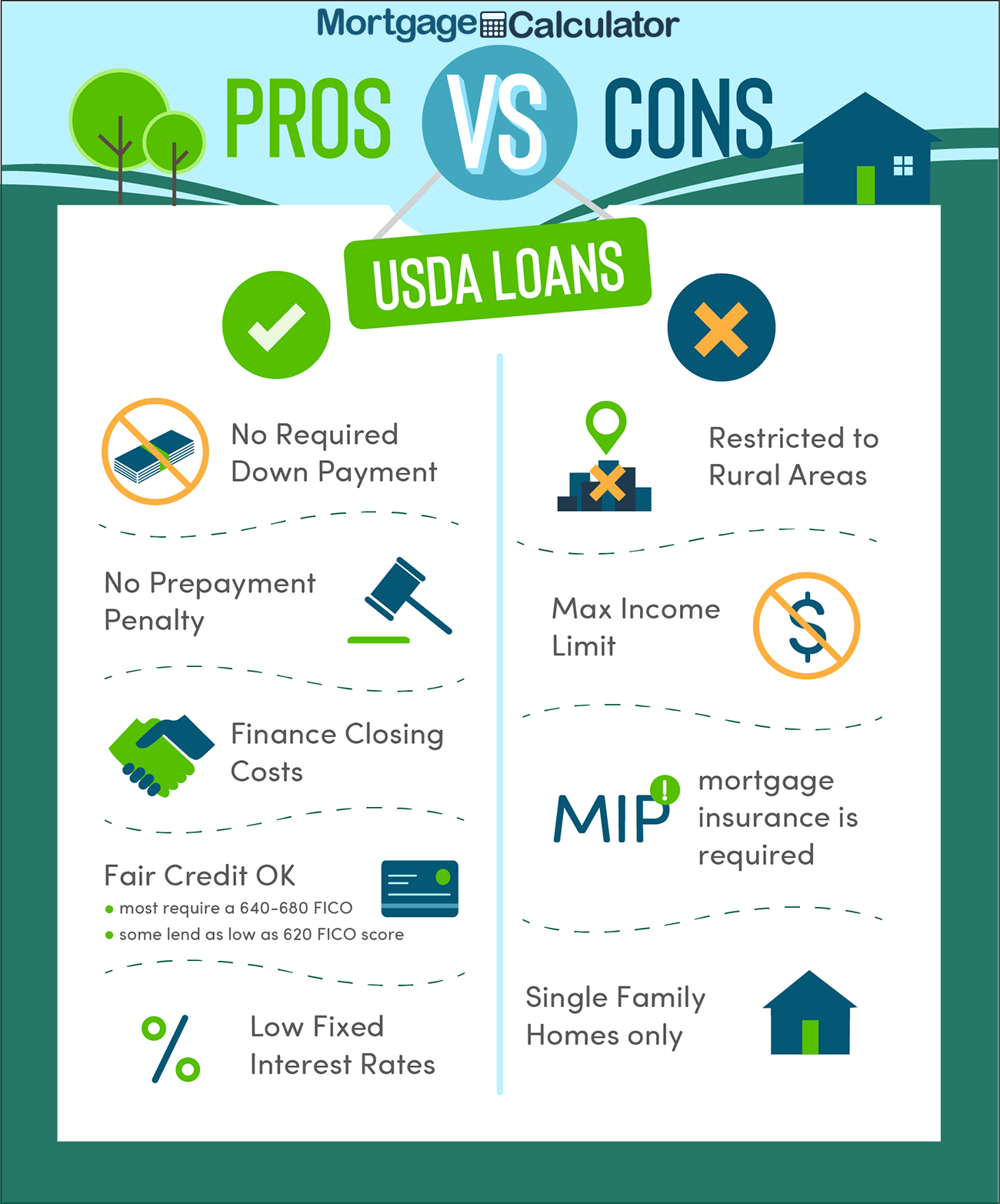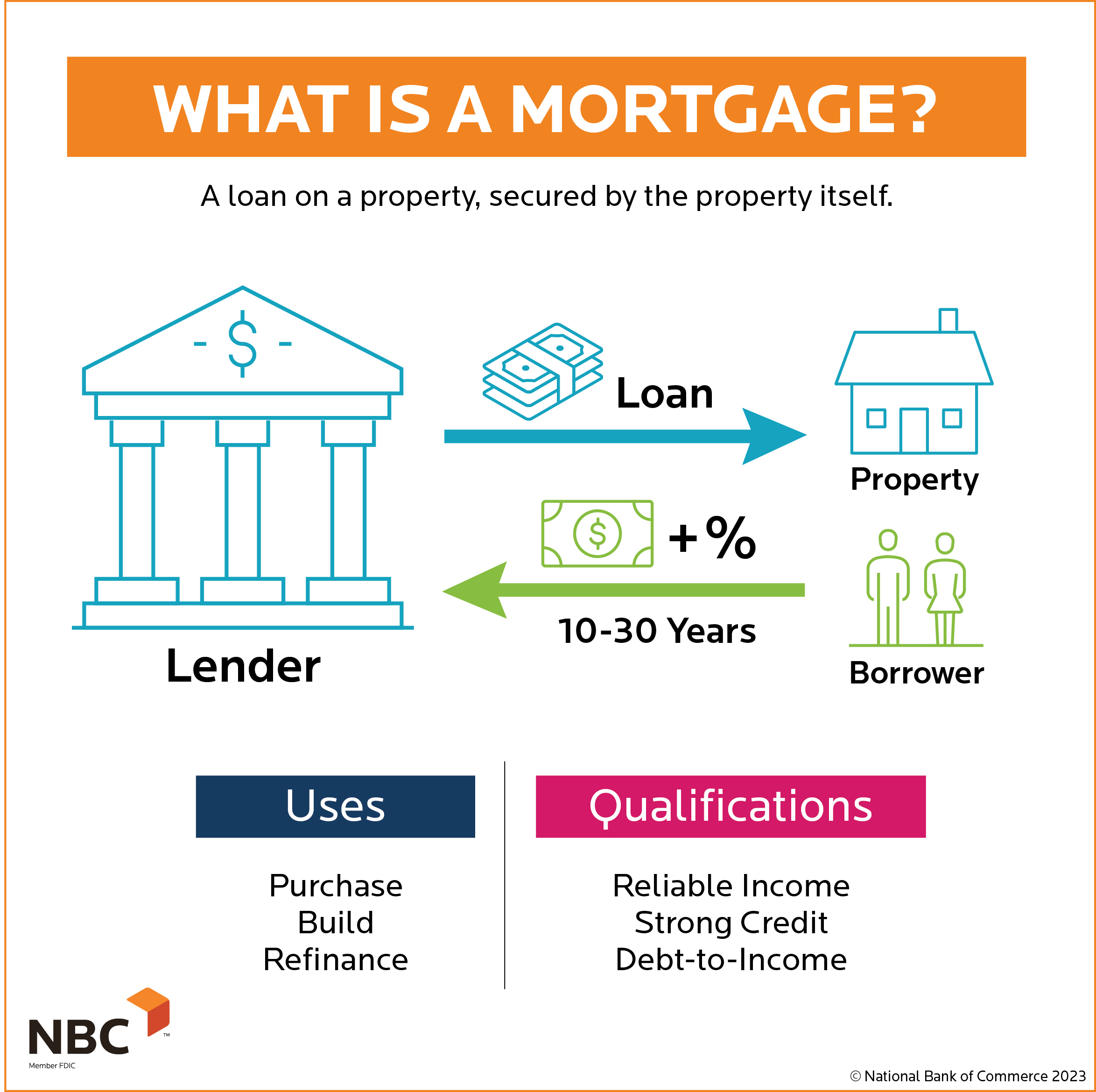Discovering the Influence of Rate Of Interest on Mortgage Finances and Just How They Influence Your Home Purchasing Decision
The partnership between interest rates and mortgage lendings is a critical factor that can affect your home purchasing choice in extensive methods. Variations in these rates can lead to differing monthly settlements, influencing total cost and long-lasting financial planning. The nuances of how interest rates communicate with broader financial problems frequently continue to be ignored.

Recognizing Rate Of Interest
Rate of interest prices are a basic part of the monetary landscape, influencing different aspects of the economic situation, specifically in the world of home loan - Conventional mortgage loans. They represent the expense of borrowing cash, usually revealed as a portion of the loan quantity over a defined timespan. Understanding rate of interest is critical for both consumers and lending institutions, as they straight influence the cost of loans, the overall cost of loaning, and the broader economic environment
Rate of interest are affected by several factors, consisting of rising cost of living, reserve bank policies, and the overall economic environment. Reserve banks, such as the Federal Reserve in the United States, change rate of interest to control rising cost of living and support the economic situation. These modifications can have plunging effects on various financial items, including home mortgages.
Additionally, various types of interest prices exist, such as taken care of and variable prices. Dealt with prices remain consistent throughout the loan term, giving predictability for debtors.

Just How Rate Of Interest Impact Home Loans
The connection in between rate of interest and home loan car loans is important in establishing the monetary expediency of homeownership. Rate of interest straight influence the cost of borrowing, which can have considerable implications for prospective property owners. When rate of interest prices are low, the total cost of a home mortgage reduces, making homeownership more easily accessible. Alternatively, greater rates of interest increase the price of borrowing, potentially sidelining numerous purchasers from the market.
Additionally, passion prices affect the overall quantity of loan capital a consumer can receive. A lower rate permits customers to get a bigger financing for the very same month-to-month settlement contrasted to a higher rate situation. This dynamic can shape purchasing choices, as purchasers might go with homes in different rate varieties based upon dominating prices.
As prospective home owners browse these variables, understanding how passion prices affect the mortgage landscape is necessary for making educated decisions. Ultimately, the interaction between interest prices and mortgages remains an essential factor in shaping the home purchasing experience.
The Effect on Regular Monthly Repayments
Mortgage regular monthly payments are substantially influenced by fluctuations in rates of interest, forming the financial responsibilities of homeowners. When rates of interest climb, the expense of borrowing boosts, which directly affects the regular monthly payment quantity for new mortgage. A greater passion rate suggests that a bigger section of each payment goes towards rate of interest instead than principal, lengthening the time it takes to pay off the lending and increasing total costs.
On the other hand, when interest rates lower, consumers take advantage of reduced monthly payments, allowing them to assign funds toward other expenditures or financial savings. This situation can make homeownership much more accessible for first-time purchasers and enable existing home owners to re-finance their financings at extra favorable terms.
The impact of rate of interest Read More Here on month-to-month settlements is specifically noticable her latest blog in fixed-rate home mortgages, where the price remains consistent throughout the funding term. On the other hand, adjustable-rate mortgages can bring about unforeseeable repayment changes, relying on market fluctuations. Comprehending just how these interest rate characteristics play out is critical for prospective customers, as it straight influences their spending plan and financial planning in the home buying process.
Long-Term Financial Considerations
Many home owners forget the long-term financial effects of rate of interest adjustments on their mortgage. While the prompt impact of passion prices is frequently really felt through monthly settlements, the broader impact can dramatically affect general homeownership prices. A lower rate of interest rate can bring about considerable financial savings over the life of a finance, lowering the total passion paid and enabling home owners to construct equity a lot more rapidly. Alternatively, also a small rise in rates can escalate costs, possibly leading to 10s of hundreds of bucks in extra rate of interest over a 30-year mortgage term.
In addition, rising and fall rate of interest might influence refinancing chances. Home owners that initially protected a reduced rate may locate themselves incapable to profit from refinancing if prices rise, restricting their financial versatility. Passion prices can likewise influence building values; rising prices may dampen housing need, which might decrease or delay home appreciation.
It's crucial for potential homebuyers to think about these long-lasting financial effects when assessing their home mortgage choices. A complete understanding of how passion rates connect with home loan will certainly notify far better economic choices, ultimately influencing wealth-building capacity and general financial wellness throughout homeownership.
Techniques for Home Purchasers
Navigating the intricacies of the housing market requires calculated planning for home purchasers, specifically when it pertains to rate of interest. To reduce the influence of varying prices, purchasers need to first analyze their economic health and wellness, guaranteeing they maintain a strong credit rating and a convenient debt-to-income proportion. A solid credit report profile can lead to far better mortgage terms and lower rates of interest.
Following, purchasers can check out various mortgage options. Fixed-rate home mortgages provide security against climbing prices, while adjustable-rate home mortgages might supply first reduced settlements. Purchasers need to very carefully weigh the my blog lasting implications of each choice based upon their monetary circumstance and future strategies.
Timing the marketplace is likewise important. Keeping an eye on financial signs and Federal Book activities can provide insight into potential rate modifications. Locking in a price earlier instead than later on can be advantageous. if prices are anticipated to climb.

Verdict
In conclusion, the impact of passion prices on home mortgage finances plays a vital function in shaping home purchasing decisions. Conventional mortgage loans. The fluctuations in passion prices not only impact regular monthly payments but also have long-term economic ramifications.
In addition, different types of interest prices exist, such as repaired and variable prices. A reduced price enables consumers to obtain a larger finance for the same monthly payment compared to a greater rate situation.The impact of interest prices on month-to-month payments is specifically pronounced in fixed-rate mortgages, where the rate stays continuous throughout the finance term. Property owners who originally protected a low rate might locate themselves incapable to benefit from re-financing if rates increase, limiting their economic adaptability. Interest prices can additionally affect property values; increasing prices may wet housing need, which can decrease or stall home appreciation.